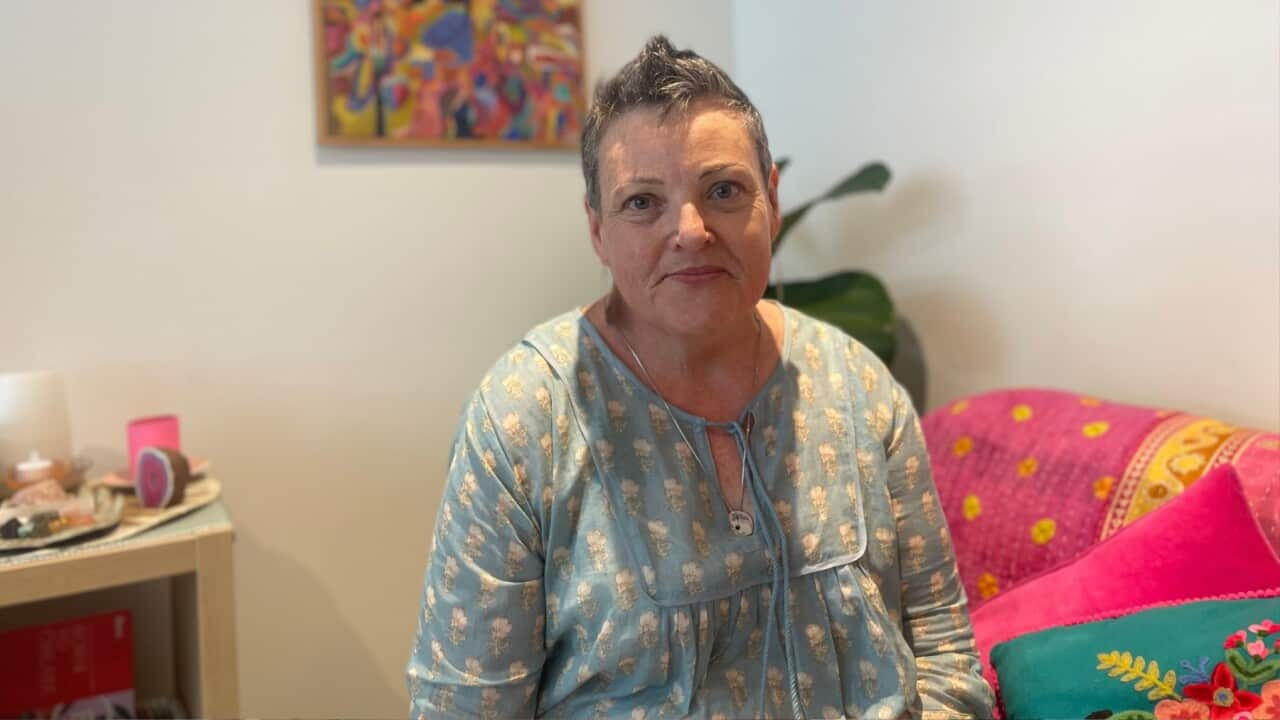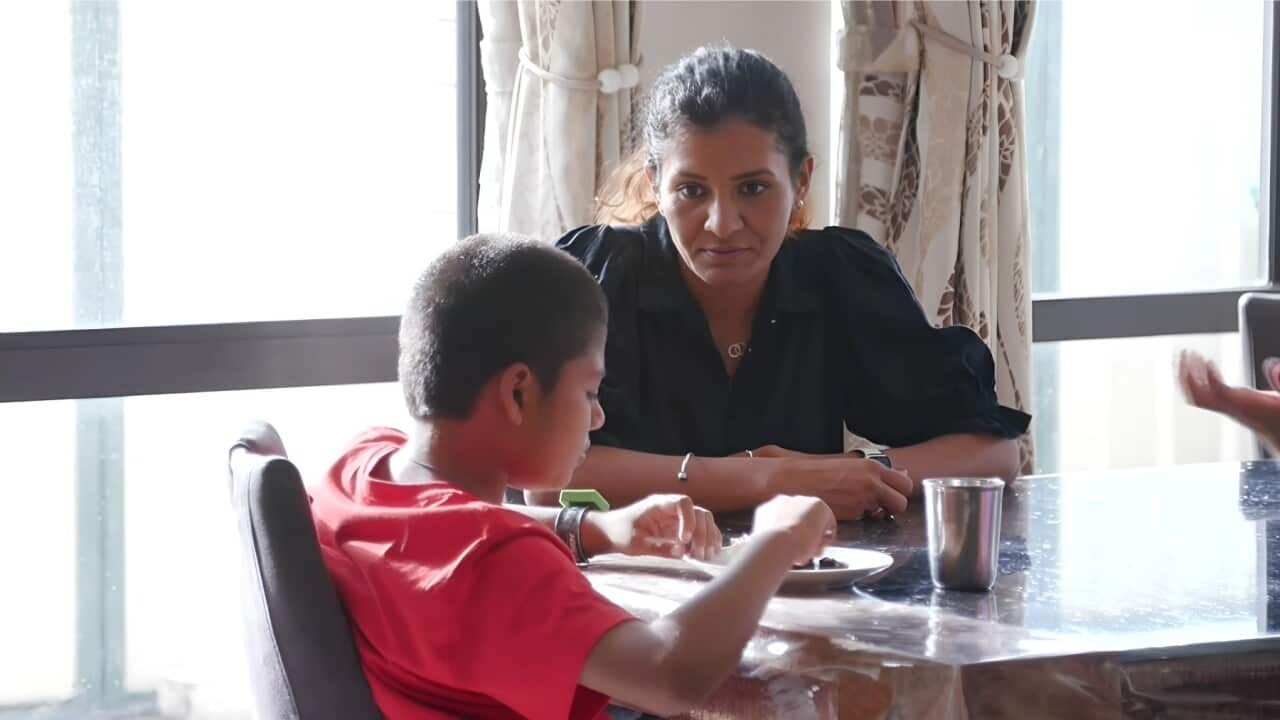TRANSCRIPT
Sienna’s love of riding started when she was gifted lessons for her 7th birthday.
["My goal in life was to be like an Olympic showjumper, that's what I wanted to do. So it was kind of crushing to not be able to do that, not even small ones, let alone doing the Olympic level."
The reason for the now 19 year old Sienna having to step back from her love of horses - particularly showjumping - is chronic pain.
She says it started at the age of 5 - but recently became too much to bear, forcing Sienna to sell her showjumper Tinkerbell.
"It was very hard to part with her. Even now people, the doctors are telling me," Oh you know, just deal with it, with the leg pain." You don't understand how like debilitating it is. There's no known cause and that's the worse part. LIke with my neck, I know there's a cause, I know there is a fix and I know what to do to relieve it. I don't know what to do to relieve my legs."
New research has revealed there are many young people like Sienna.
One in 5 children are living with chronic pain.
Other studies have already established the fallout from their situation is immense.
Young people with untreated or poorly treated chronic pain often drop out of school and can become socially withdrawn and isolated.
Nicolette Ellis from advocacy group Chronic Pain Australia says they're at greater risk of mental health issues such as anxiety and depression.
And she says their families are also affected, with parents missing work, and siblings marginalised.
"22 per cent of schooling is missed, so that equates to about one day per week. We know that from a developmental point of view, anything more than 10 per cent of missing school really impact their developmental conditions and the way that they thrive in life."
Getting help is no easy task.
Experts like globally recognised health researcher Professor Manuela Ferreira says part of the problem is that chronic pain is often regarded as something that just affects older Australians.
She wants more action on chronic pain in younger people.
"Back and neck pain do not discriminate against age. We need to know through research what actually the best care for that age group is."
The Professor says there is also room for improvement in how the health system handles chronic pain as a whole.
Australia only has six paediatric clinics nationally, and most cap referrals at about 250 per year.
This means the average wait time for a child to get an appointment is between one and three years.
"If you consider the prevalence of back pain for example, not only in Australia but around the world, the number of cases is actually increasing over the years. If you think of how many of those people will actually come and see their doctor, their physio, the impact on the system is going to be increasing. Are we prepared for that?"
For Sienna, she just wants people to take her pain seriously.
"People don't believe you, ever. Especially women, young women. They tend to think you're being dramatic and it sucks, and no-one really listens to you - and people still don't listen to me."













